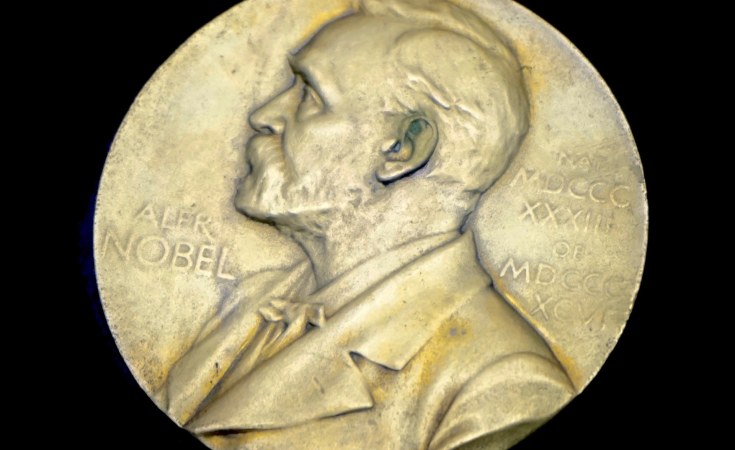IN SHORT: It's not surprising that certain claims go viral online, like the one that a cure for a dangerous disease was discovered by an anonymous Chinese woman who wasn't even a doctor. What is surprising here is how close to the truth this unlikely story is.
According to a graphic posted on Facebook, viewed over 14,000 times in just 24 hours, a cure for malaria was "anonymously" found in 1977 by "a Chinese woman with no medical degree".
It adds that "38 years later, she was awarded with a Nobel prize for medicine".
The graphic has been doing the rounds on the social media platform.
Text versions of the claim have also been posted here, here, here and here on Facebook, some as far back as 2016.
Malaria is an illness which is caused by parasites spread to people through the bites of the female Anopheles mosquito.
Malaria is preventable and curable. But was the cure anonymously found in 1977 by a Chinese woman who only won a Nobel prize for medicine 38 years later?
This claim has been reported as possibly false by Facebook's third-party fact-checking program. So we checked.
Malaria and the Nobel
The symptoms of malaria infection start within the first 15 days of being bitten and the most common are fever, headache and chills.
The US Centers for Disease Control and Prevention lists countries where there is high transmission of malaria and the country's recommended malaria drugs.
The two most common antimalarial drugs are chloroquine phosphate and, in countries where parasites are resistant to chloroquine, artemisinin-based combination therapies (ACTs)
The Nobel Prize is a global award that is administered by the Nobel Foundation in Sweden. The award is named after Alfred Nobel who was a Swedish inventor and entrepreneur.
The prize categories are physics, chemistry, physiology or medicine, literature, peace, and economic sciences.
In 2015, the Chinese scientist and phytochemist Tu Youyou won the Nobel in physiology or medicine "for her discoveries concerning a novel therapy against malaria". According to the Nobel Prize website and Britannica, these discoveries were made in the 1970s.
So far, so accurate.
A life dedicated to science
Tu was born in the Zhejiang province of China in 1930. She studied at Beijing Medical College, receiving a degree in 1955. This has been reported by Britannica and a number of other sources. She studied pharmacology and later traditional Chinese medicine, and it is also true she does not have a Western "medical degree" or a doctorate.
After receiving her degree she joined the Institute of Materia Medica at the China Academy of Chinese Medical Sciences and in the 1960s she was part of a government team tasked with finding a new malaria-fighting drug. This eventually led Tu to discover the substance artemisinin, extracted from the plant sweet wormwood.
Traditional remedies made from the plant had been used to reduce fever and treat malaria for centuries. The discovery of artemisinin has been credited with cutting worldwide malaria deaths in half.
Tu's work may first have been published anonymously in China in 1977 and was not published in English until 1979, some years after her discovery. But in 1981 the World Health Organization, the World Bank and the United Nations "each invited her to present her findings on the global stage", according to the Nobel Prize website.
Tu was not anonymous for 38 years until she won the Nobel in 2015 and became the first scientist from mainland China to receive a Nobel prize in a scientific category. But the graphic and claims circulating on social media are largely accurate about Tu Youyou's remarkable achievements.


